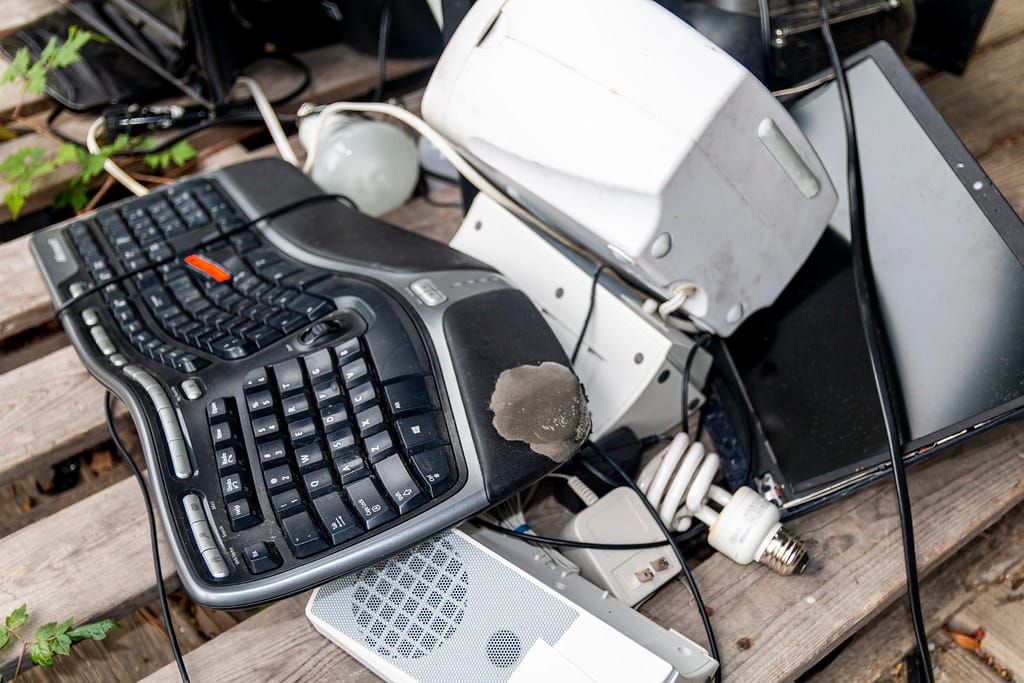Microsoft's Windows 10 Support End Could Create Environmental Nightmare, Advocacy Groups Warn
Consumer advocacy groups are sounding alarm bells over Microsoft's plan to end support for Windows 10 in October 2025, warning that the move could force millions of computers into early retirement and create a massive electronic waste crisis.
The Public Interest Research Group (PIRG), along with several environmental and consumer protection organizations, has launched a coordinated campaign criticizing Microsoft's timeline, arguing that perfectly functional computers could become obsolete not due to hardware limitations, but because of arbitrary software restrictions.
The Scale of the Problem
The numbers are staggering. According to industry analysts, approximately 400 million Windows 10 devices worldwide may not meet the hardware requirements for Windows 11, Microsoft's next-generation operating system. These machines, many purchased within the last five to seven years, face an uncertain future once security updates cease.
PIRG estimates that if even half of these devices are discarded rather than upgraded or repurposed, it could generate over 240,000 tons of electronic waste. To put this in perspective, that's equivalent to the weight of more than 400 Boeing 747 aircraft heading straight to landfills.
"This is planned obsolescence at its worst," said Nathan Proctor, PIRG's senior director for the Right to Repair campaign. "Microsoft is essentially telling consumers that their computers, which work perfectly fine, are suddenly worthless because they don't meet arbitrary hardware requirements."
The Windows 11 Hardware Hurdle
The controversy stems from Windows 11's strict hardware requirements, including the need for TPM 2.0 (Trusted Platform Module), Secure Boot capability, and newer CPU generations. While Microsoft argues these requirements enhance security, critics contend they're unnecessarily restrictive.
Many computers from 2017-2019 that run Windows 10 smoothly cannot upgrade to Windows 11, despite having adequate processing power, memory, and storage. This creates a digital divide where functional hardware is rendered obsolete not by performance limitations, but by compatibility restrictions.
Environmental and Economic Impact
The environmental implications extend beyond mere waste generation. Electronic devices require significant resources to manufacture, including rare earth metals, water, and energy. The premature disposal of 400 million devices represents an enormous waste of these resources and contributes to the growing global e-waste crisis.
From an economic standpoint, consumers face a difficult choice: purchase new hardware, continue using an increasingly vulnerable system without security updates, or switch to alternative operating systems like Linux—an option many find technically challenging.
Small businesses and educational institutions, often operating on tight budgets, are particularly affected. Schools that invested in computer labs just a few years ago may find themselves unable to afford wholesale hardware replacements.
Microsoft's Response and Alternatives
Microsoft has defended its position, emphasizing that Windows 11's hardware requirements are designed to provide better security, performance, and reliability. The company points to features like enhanced protection against firmware attacks and improved performance optimization as justifications for the stricter requirements.
However, advocacy groups argue that Microsoft could offer compromise solutions, such as:
- Extending Windows 10 support for devices that cannot upgrade
- Creating a "Windows 11 Lite" version with relaxed hardware requirements
- Providing clearer guidance on secure alternatives for older hardware
Some organizations have called for regulatory intervention, suggesting that governments should require technology companies to support products for minimum periods or face penalties for contributing to electronic waste.
Looking Ahead: Consumer Options
As the October 2025 deadline approaches, consumers with affected devices have several options. Tech-savvy users might consider migrating to Linux distributions, which can breathe new life into older hardware. Others may explore unofficial methods to install Windows 11 on unsupported hardware, though this comes with risks and no guarantee of future compatibility.
The refurbished computer market may also see increased activity as businesses and individuals seek affordable Windows 11-compatible alternatives.
The Bigger Picture
This controversy highlights broader questions about technology companies' responsibility for environmental stewardship and consumer rights. As the world grapples with climate change and resource scarcity, the tech industry faces increasing pressure to consider the full lifecycle impact of its products and policies.
The Windows 10 support deadline represents more than a software transition—it's a test case for how the technology industry will balance innovation, security, and environmental responsibility in an era of increasing digital dependence. The outcome could set important precedents for future product lifecycles and corporate accountability in the digital age.

